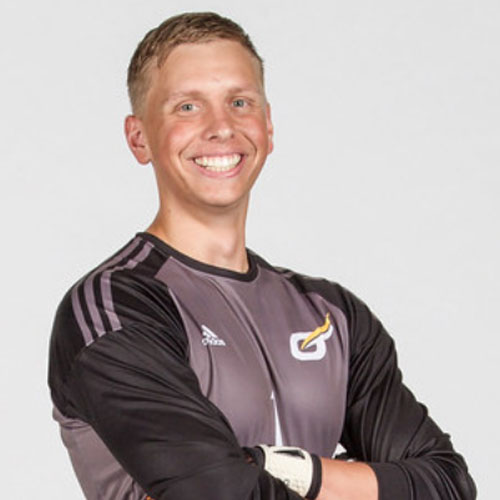
Nicholas' Story
Nicholas, a second-year medical student at university, shares his experiences with depression and what helped him the most in his recovery.

Nicholas, a second-year medical student at university, shares his experiences with depression and what helped him the most in his recovery.
"Reaching out and coming to terms that you may need some help is the bravest thing you can do."
About Nicholas:
I am currently a second-year medical student at the University of British Columbia. I love going to the gym, playing soccer, and hanging out with friends and family during my free time.
I suppose there were a couple of turning points. The first of which was when I first truly came to the realization that I couldn’t deal with this on my own. I moved to Canada at the age of 14 and for the first year here I was depressed, a shell of who I was, and suicidal. That first step to getting help and reaching out to my parents changed my life.
I can’t put a finger on it but somewhere along the line, things really seemed to click. The thought exercises and skills that I had been reading about and trying to implement in my life seemed to be on deck whenever I needed them. Previously I would go through periods of depression or destructive thought patterns and would really have to work to re-align myself. At some point, those skills get easier to access, and it makes the tough times pass so much quicker.
Journaling
Exercise
Cutting out social media
Opening up to my friends
You are not alone. This is the quote I keep in my head whenever I am going through tough times and think I am suffering by myself. Keeping that reminder of a shared human experience makes things easier. Nobody will know exactly how you feel, but there is somebody out there who is willing to hear what you are going through and be there for you.
The first step, in many ways, is the hardest. Reaching out and coming to terms that you may need some help is the bravest thing you can do. It is frightening and intimidating, but I cannot stress how valued and important you are. You deserve it.
– Nicholas, Kelowna, BC, Canada
Help us explore the complex connections between men's mental health and their romantic relationships by participating in the Men and Relationships Study. Your insights will contribute to a deeper understanding of how relationships impact well-being, helping to shape better mental health support for men.
Participants may enter a draw for one of four $100 prepaid Mastercards.
Take the survey today and be part of this important research.